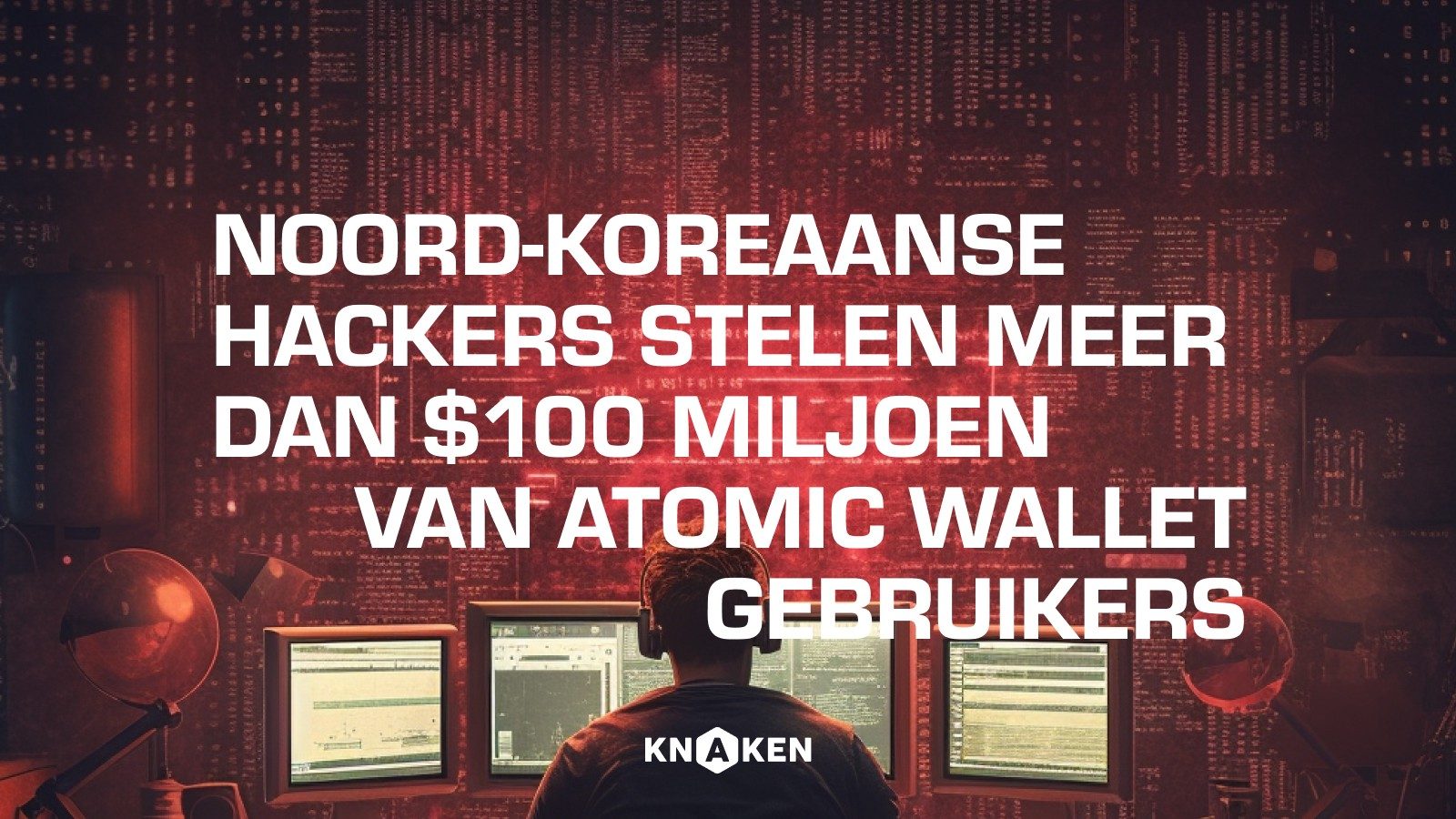

Introduction
Atomic Wallet, a non-custodial wallet, has been hit by a massive exploit. This unforeseen breach has shocked the crypto community, as Atomic Wallet is based on the idea that users are responsible for securely storing their crypto, and the source code is open source.
Scope of the hack
Earlier this month, on June 3, the first rumors emerged on Twitter about a hack of Atomic Wallet, a centralized storage and wallet service. An estimated $100 million worth of various tokens, including Bitcoin (BTC), Ethereum (ETH), Tether (USDT), Dogecoin (DOGE), Litecoin (LTC), BNB coin (BNB), and MATIC was stolen in this hack. These alarming figures highlight the severity of the attack, with an estimated 5,500 crypto wallets affected.
We have received reports of wallets being compromised. We are doing all we can to investigate and analyze the situation. As we have more information, we will share it accordingly. For any questions and concerns, contact [email protected] — Atomic – Crypto Wallet (@AtomicWallet) June 3, 2023
Investigation and involvement of Lazarus Group
Elliptic has linked the theft to the infamous Lazarus Group, which is believed to be responsible for stealing over $100 million.
Response from Atomic Wallet and collaboration with international researchers
Following the theft, Elliptic stated that it was collaborating with international researchers and exchanges and mobilizing its resources to recover the stolen assets. The efforts of the blockchain analysis company reportedly led to the freezing of over $1 million in stolen funds.
Money laundering of stolen assets via Garantex
The blockchain analysis company noted that in response to the freezing of these funds, the hackers began to change their behavior. They shifted to the Garantex exchange, based in Russia, to launder the stolen assets.
Recommendations for security measures and alternative wallets
The recent hack of Atomic Wallet emphasizes the importance of vigilance when choosing a wallet and taking security precautions. Users may consider using alternative wallets such as Exodus and Electrum and employing a hardware wallet for storing funds that they are not actively trading for an extended period.



Knaken Cryptohandel B.V. has applied for a MiCA license from the Netherlands Authority for the Financial Markets (AFM). This application is currently being assessed by the AFM.
Investing in crypto-related products involves significant risks.















